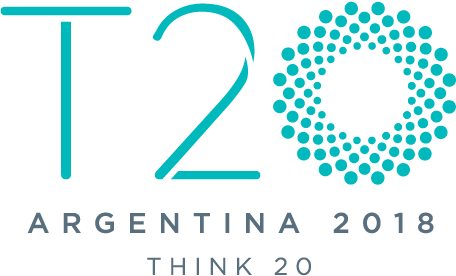By Julia Pomares. CIPPEC’s Executive Director.
Julia Pomares, Executive Director of CIPPEC, highlights the potential benefits of the G20 Summit.
– How will Argentina benefit from the G20?
The country will be able to strengthen its international role and benefit from an enhanced standing at the global, regional and domestic levels. It will have the opportunity to convene and give voice to other developing countries and establish strategic partnerships with those nations. Furthermore, the government can benefit from the G20 process by seizing upon the global debate on the dilemmas of the future to enrich the domestic agenda. Topics like climate change and the digitization of the labor market are no alien to our country.
– And how can it leverage that?
By developing an approach that would factor in the specific characteristics of each emerging economy and by extending the debate generated in the G20 process to other sectors and fields throughout the country. To that end, it will be supported by the engagement groups like the T20, the G20 public policy institutes network co-chaired by CIPPEC and CARI.
– What is the goal of the G20?
In 2018, the G20 will carry a heavy burden as it is seen as the cooperation forum that will save multilateralism from the ghosts that haunt it. It therefore has to deal with multiple and dissimilar expectations regarding its role. Originally conceived as a flexible, fast instrument to solve financial crises, now it probably faces a much more complex crisis: the crisis of globalization. This summit will be held in the region with the highest level of inequality of the world and it also faces the enormous challenge of coming up with a answer to anti-globalization trends. In 2008, the United States was part of the problem, but it also wanted to be part of the solution. In 2018, the uncertainty over the United States’ willingness to reach agreements and ensure cooperation among countries makes the task even more challenging.
